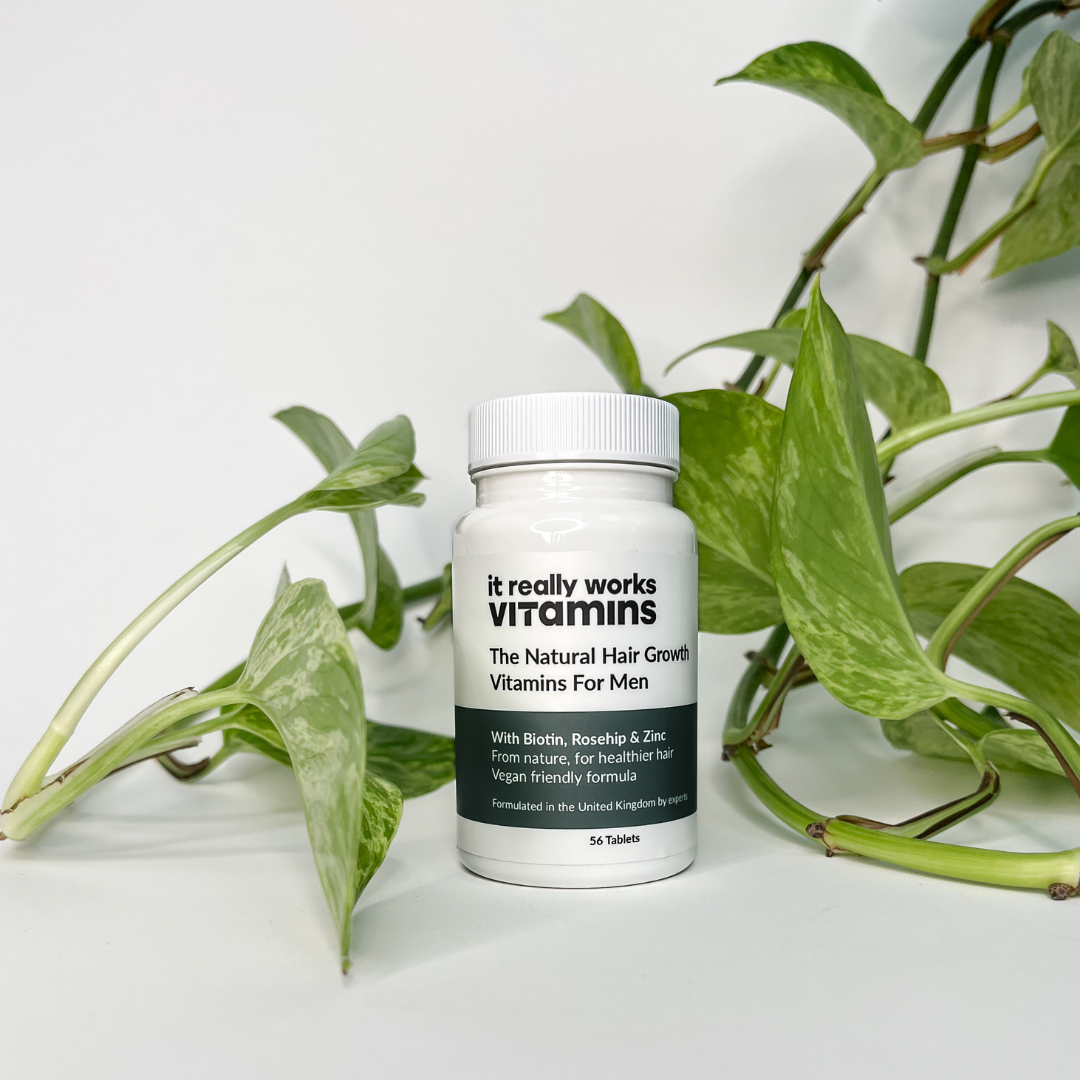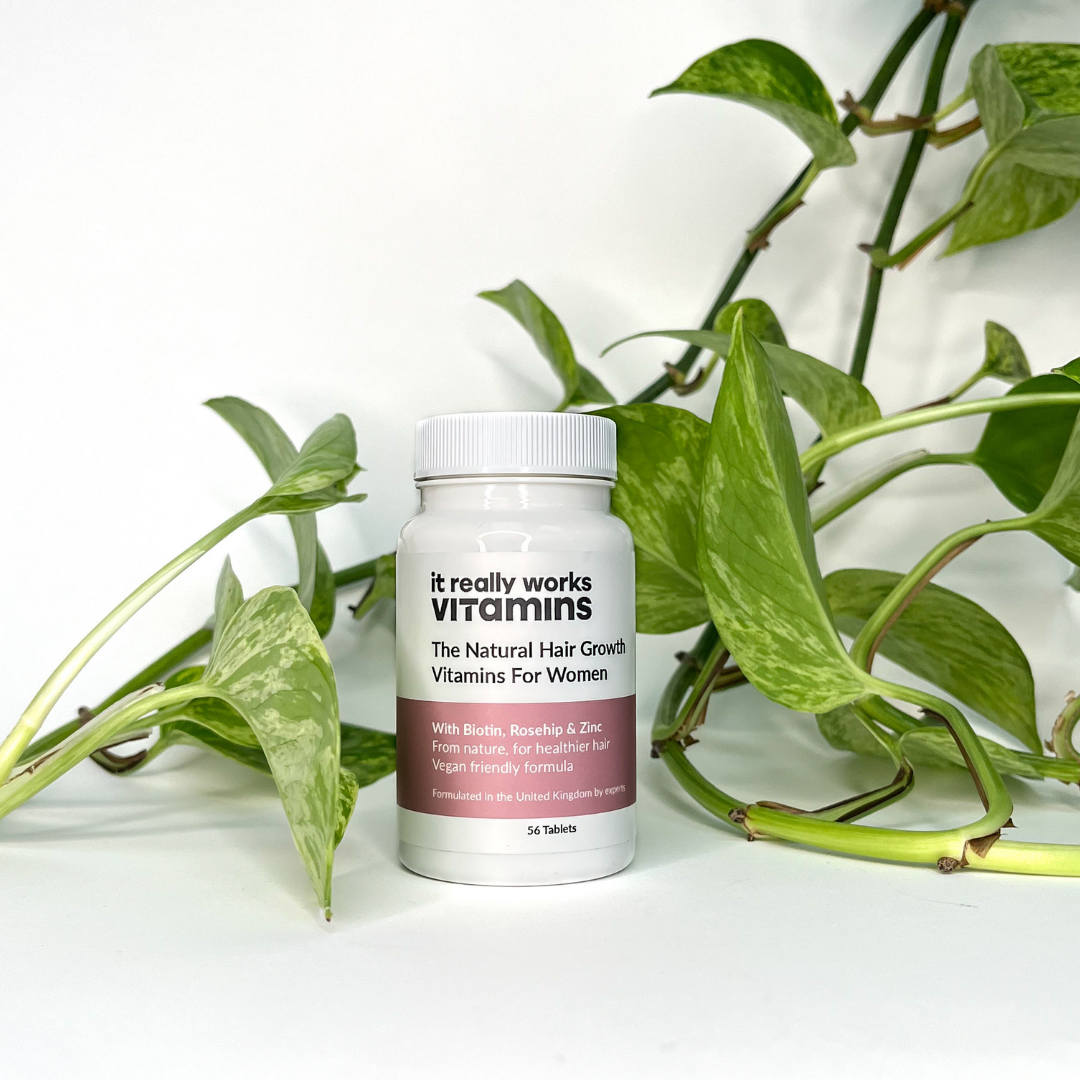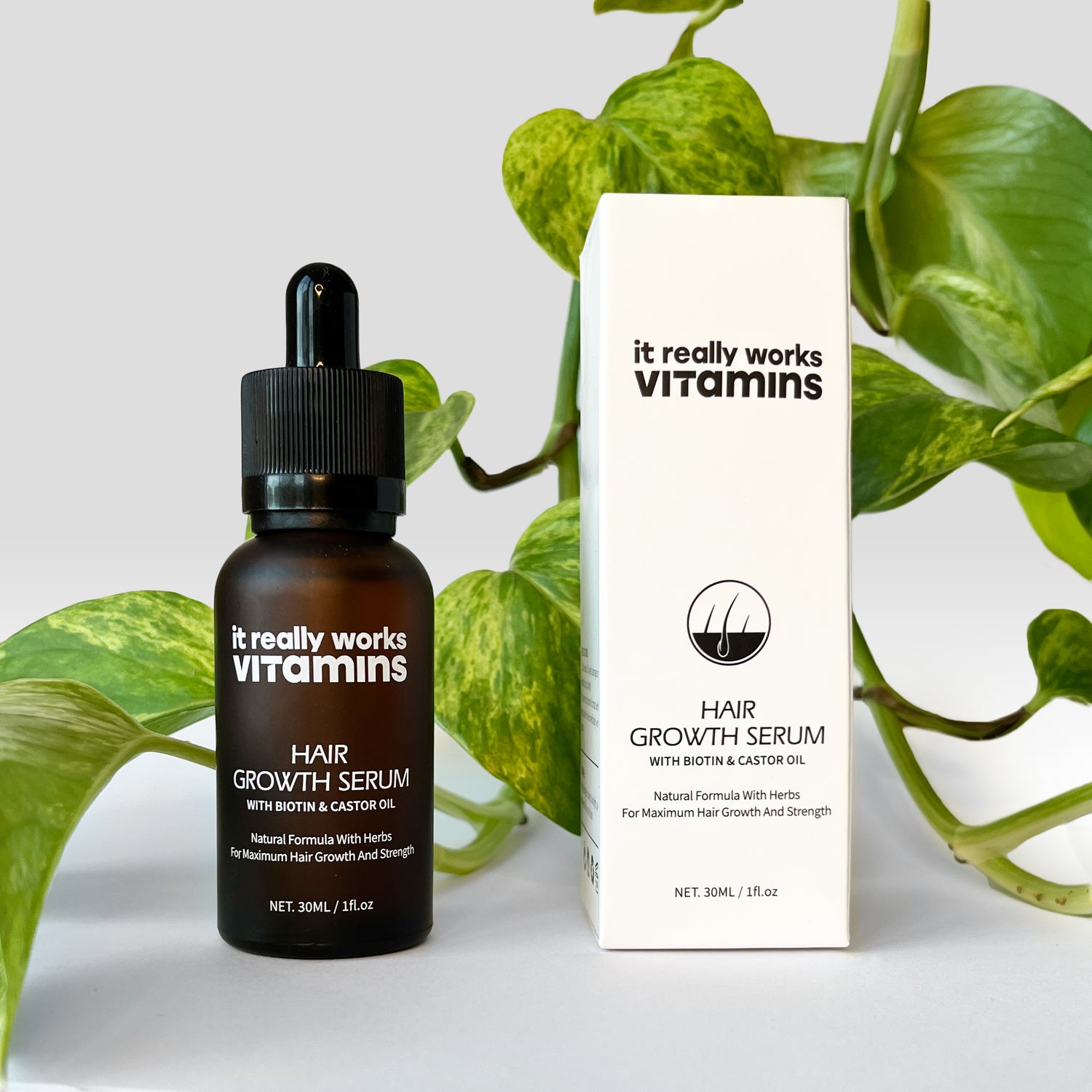Hair Dilemmas: Winter Edition by Katherine Pierce

As you browse winter hairstyles inspirations and tutorials for the holidays, don’t forget to throw in some helpful hair hacks for the chilly weather.
The extreme drop in temperature during winter can cause a series of (literally) hair-raising problems to your luscious locks. So, to help all gorgeous men and women counter their winter hair dilemmas, this blog has compiled a list of effective and practical hair hacks for the winter season.
But first, you need to have a clear idea of how extremely cold temperatures can affect your hair’s health:
How does the cold season negatively affect your mane?
There are several ways that the harshly chilly climate can potentially ruin your hair. The most typical of which include:
Cold weather conditions can make your hair frizzier than ever. As the chilly air comes into contact with your hair, it tends to produce electric charges that leave your hair unruly and sticking out. Say, you just got out of your house, the wintry breeze will make it seem as though you’ve been standing in the snow for hours. People with dry hair are also more prone to disheveled and coarse-looking hair during winter.
Since you cannot apply lotion, moisturizing cream, or anti-itching balm on your scalp when it starts to feel itchy and dry, it becomes a bigger problem when it is exposed to a sudden or extreme drop in temperature. The effect is somewhat similar to windburn on the lips.
As your scalp becomes more itchy and unbearable, the chances are you will see more “snowflakes” appearing all over your hair. It doesn’t help that you end up scratching your scalp due to the intense prickly sensation.
The colder the atmosphere becomes, the less moisture is left on your hair and scalp. Your skin cells produce less oil to hydrate your roots, making them less replenished and more prone to breakage.
Suffering from hair loss during the winter is mainly due to the lack of moisture on your scalp and roots. If you allow your hair to stay dry throughout the wintry season, you are likely to experience more hair fall than normal. While hair loss during winter may not be as dramatic as seeing bald patches, it is still unnerving to see that several hair strands have fallen on the floor.
Ways to Protect Your Hair During Winter
The good news is that there are safe, tested-and-proven hair care hacks that you can apply to maintain your hair’s luster, volume, and strength.
What are these expert-approved methods?
Instead, wash it once or twice a week. Since the colder months during winter are stripping your hair off of its natural moisture, it is best to limit the frequency at which you wash your hair. Excessive shampooing and washing can do more harm than good to your mane.
You might be washing away the natural oils that keep your hair and scalp well-hydrated. Also, refrain from using shampoo with super-strong effects. Mild variations are recommended.
Contrary to shampoos, conditioners do not leave your hair void of moisture. They are responsible for adding a protective layer over your strands so that it stays shiny, smooth, and frizz-free. Some conditioners are also designed to add strength and vitality to prevent breakage, split-ends, and hair fall.
If you are prone to rubbing your scalp with your towel to dry your hair, then now is the time to stop that habit. Pat your hair dry with a microfiber towel or a soft, cotton shirt. Doing so lessens the amount of friction on your scalp when you rub it. Putting too much force on your scalp irritates it and triggers itchiness, dryness, and dandruff.
Blow drying your hair means exposing it to excessive heat. Generally, your hair cannot withstand extreme temperatures, whether it be hot or cold. Both can cause dryness and leave your hair lackluster and brittle. Not to mention, the quick transition from a heat-drying session to a very chilly wind exposure is enough to make your locks scream for help.
That’s right—your regular diet also has an integral role in promoting healthier hair during winter. Stock up on vitamin E, fatty acids, minerals, and protein to ensure your hair and scalp receive sufficient nourishment inside and out. Poor dietary habits affect the rate at which your body regenerates its cells. The slower your body produces new cells, the more your hair becomes dull and damaged.
Shampoos, conditioners, and hair treatments that are made from organic ingredients are highly beneficial to your mane. Most naturally-based hair products are known to cause less irritation and adverse effects. Hair products containing coconut oil, aloe vera, and argan oil should be at the top of your list. You can also seek the advice of a healthcare professional and see if they can recommend or prescribe a specific hair care formula just for you.
Or try It Really Works Vitamins made from natural ingredients and has 22 ensure nutrients for healthy hair.
Wear a bonnet or a hat to protect your hair from the extreme chill whenever you head outside your home. Most men and women tend to underestimate the effects of winter on their hair once they’ve used a conditioner and hair serum on their locks. In truth, all the protective layers of their hair products are no match once their hair gets exposed to the cold. Not only does wearing a hat or bonnet make you feel cozy, but it also helps keep your entire body warm.
Your hair is your crowning glory, and so it needs to be well-protected from harsh external conditions as much as you want it to look spectacular.






